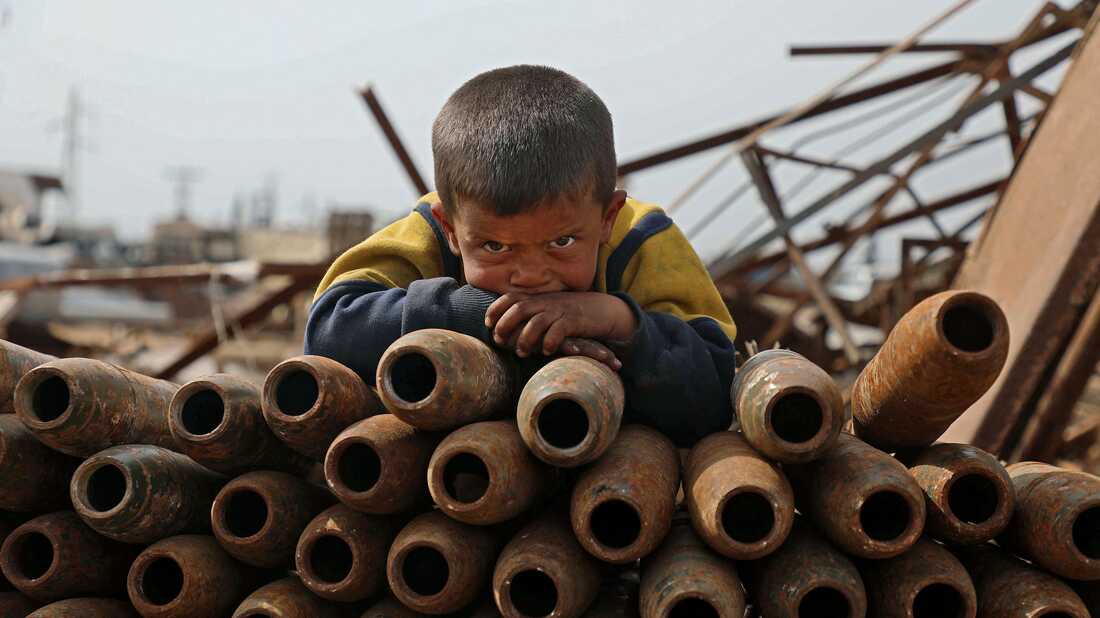The upcoming political transition in Syria demands viable political and civil institutions representing a broad spectrum of Syrian society. However, the previous regime dismantled all civil, political, and social institutions, leaving the population fragmented and disconnected, without effective civic institutions, inclusive political parties, or even unified visions.
Only three military entities dominate the scene currently: Hayat Tahrir al-Sham, the Coalition-affiliated National Army, and the Syrian Democratic Forces (SDF). Meanwhile, political parties and civil society organizations remain localized, fragmented, and riddled with competition.
In the forthcoming phase, a power struggle is inevitable, coupled with a contest for leadership positions, as de facto forces compete with other segments of society. This struggle will likely devolve into populist rhetoric, centering on figures like Ahmad al-Sharaa, as the nation embarks on the arduous journey toward a new constitution and general elections.
Can the Syrian society unite around fundamental principles to navigate the fog of the transitional stage?
The failure of the political and social elites opposed to the former regime to achieve consensus on critical ideas, coupled with their fixation on individuals and slogans, has stripped the concept of a civil state of its substance. This obsession with personalities has fractured the opposition and contributed significantly to the persistence of a regime that has perpetuated killing and displacement for over thirteen years.
Ahmed al-Sharaa: Syria is not Afghanistan; Hay’at Tahrir al-Sham Must be Removed from Terrorist List
Transitioning to a modern civil state requires civility of dialogue, respectful disagreement, negotiation, and consensus-making. Civilized societies rally around ideas and principles, while subjugated ones coalesce around individuals and empty slogans.
Since the Damascus Spring Movement, numerous visions and principles have emerged outlining the foundations for a new, free, and civil Syrian state. These include the “National Charter” of 2004, the “Syrian National Covenant Document” adopted during the opposition meeting in Cairo in 2012, and the Syrian Islamic Council’s vision of 2024.
In 2022, a group of Syrian Americans proposed condensing these diverse visions into ten core principles as a starting point for Syrian dialogue. They hoped to achieve consensus among Syria’s power elite on a unified vision and a national charter reflecting the commonalities of all segments of Syrian society.
Achieving a Unified National Charter
To establish a unified national charter, disagreements on marginal topics must be set aside, and a broad national consensus must be built on the core pillars of the envisioned civil state. These pillars can be distilled into two interconnected principles:
- The freedom and dignity of the Syrian people.
- Guarantees for the peaceful transfer of power.
The upcoming Syrian National Conference participants must prioritize these fundamentals, adopting them without procrastination or compromise.
Freedom is indivisible. Personal and religious liberties, alongside freedom of opinion and expression, must be upheld. Syrians must never again live in fear of a regime that abducts them in the dead of night and erases them from existence.
True freedom will only be secured if strict checks are placed on government power to prevent the rise of a new dictatorship. As history has proven, power corrupts, and absolute power corrupts absolutely. To ensure that the ballot box and the voice of the Syrian people remain the ultimate source of power, constitutional principles must guarantee:
– A prohibition on military rule.
– The separation and balance of executive, judicial, and legislative powers.
– Decentralized authority, granting provinces and cities broad powers.
– Enforceable guarantees that power will be transferred peacefully.
Maintaining the Compass Amidst Political Conflicts
As Syria navigates the impending struggle between political Islam in its various forms and the diverse mix of secular parties and civic organizations, the Syrian people must maintain a clear focus. The compass must remain firmly oriented toward safeguarding the freedom and dignity of every citizen and robust separation of government powers to instill a culture of peaceful power transfer.
*Sohaib Alagha, Former Chairman of The Syrian American Council
This article was translated and edited by The Syrian Observer. The Syrian Observer has not verified the content of this story. Responsibility for the information and views set out in this article lies entirely with the author.


